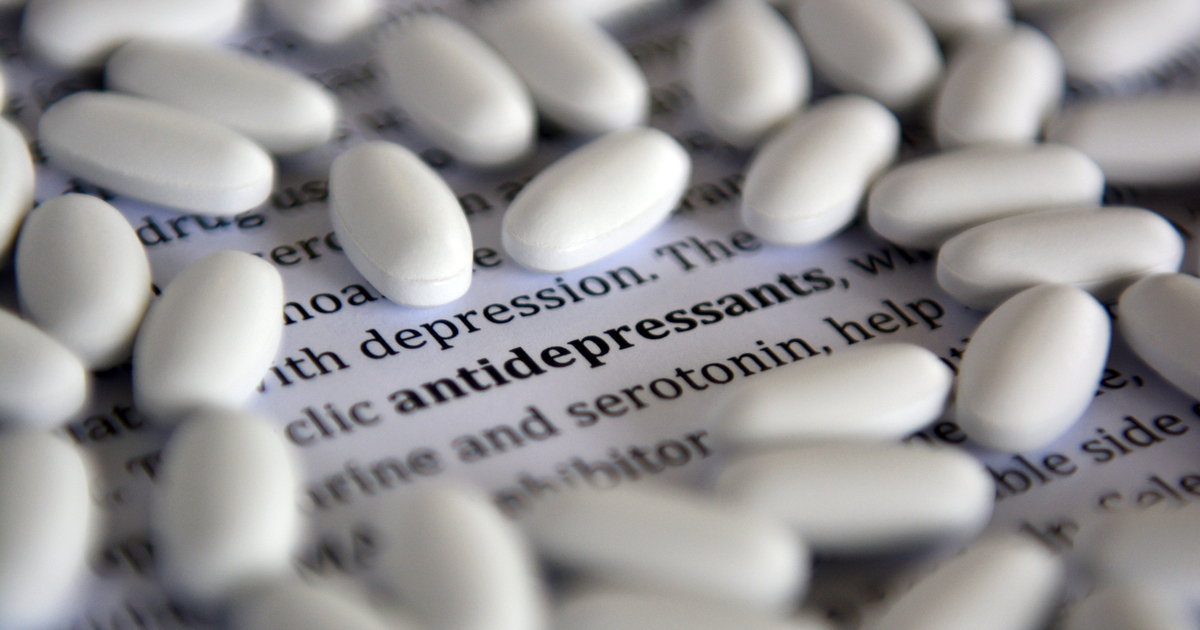
When tackling the subject of depression, one of the most common questions that arise is: “How long do antidepressants take to work?” It is a pertinent question, considering the impact timely relief can have on a person’s quality of life. However, the answer is not entirely straightforward and can vary depending on multiple factors.
Understanding Antidepressants
Antidepressants are a class of drugs designed to treat depression by altering chemical signals in the brain. The most common types of antidepressants include:
- Selective Serotonin Reuptake Inhibitors (SSRIs)
- Serotonin and Norepinephrine Reuptake Inhibitors (SNRIs)
- Tricyclic Antidepressants (TCAs)
- Monoamine Oxidase Inhibitors (MAOIs)
Each of these acts on different neurotransmitters and circuits in the brain, which can affect how quickly they begin to influence mood and alleviate symptoms.
Time Frame for Relief
Typically, antidepressants can take several weeks to become effective. It is generally expected that patients may begin to notice improvements within:
- 2 to 4 weeks: Some early signs of improvement can appear in as little as two weeks. However, these initial changes may be subtle, like better sleeping patterns or increased appetite, rather than a noticeable shift in mood.
- 4 to 6 weeks: By this time, more significant changes in mood, energy, and other symptoms of depression may be evident.
- 6 to 8 weeks: This is often considered the critical period to judge the effectiveness of a particular antidepressant. If there is no improvement by this point, a doctor may adjust the dosage or try a different medication.
It’s worth noting that while some symptoms can improve relatively quickly, others—like a pervasive low mood—may take longer to respond. Additionally, it’s not uncommon for individuals to try several different medications before finding the one that works best for them.
Factors That Influence Response Time
Dosage: Finding the right dosage is critical. A dosage that’s too low may not provide therapeutic benefits, while too high of a dose can increase side effects without offering better results.
Individual Variability: No two people are exactly the same—genetics, age, metabolism, and the severity of symptoms all play a role in how quickly and effectively an antidepressant will work.
Type of Antidepressant: Different classes of antidepressants have varying mechanisms of action, which can influence how quickly they take effect.
Concurrent Therapy: Combining antidepressants with psychotherapy or lifestyle changes may result in a more rapid and robust improvement.
Adherence to Medication: It’s crucial that antidepressants are taken as prescribed. Missing doses can delay their effectiveness.
What to Expect
While waiting for antidepressants to work, side effects might emerge before the therapeutic effects are felt. These side effects usually subside as the body adjusts to the medication. Common side effects include nausea, increased appetite, weight gain, loss of sexual desire, fatigue, insomnia, and dry mouth.
It’s essential for those taking antidepressants to maintain close communication with their healthcare provider. This ensures that any concerns can be promptly addressed, and treatment adjustments can be made if necessary.
Conclusion
In conclusion, the journey toward relief with antidepressants can require patience. While they often take several weeks to work, the goal is to achieve a substantial reduction in symptoms and improve overall functioning. Variations in individual responses underscore the importance of personalized care under the supervision of a healthcare professional.
Remember, if you or someone you care about is struggling with depression, it is essential to seek help. With the right treatment plan, depression can be managed and quality of life can be restored.



